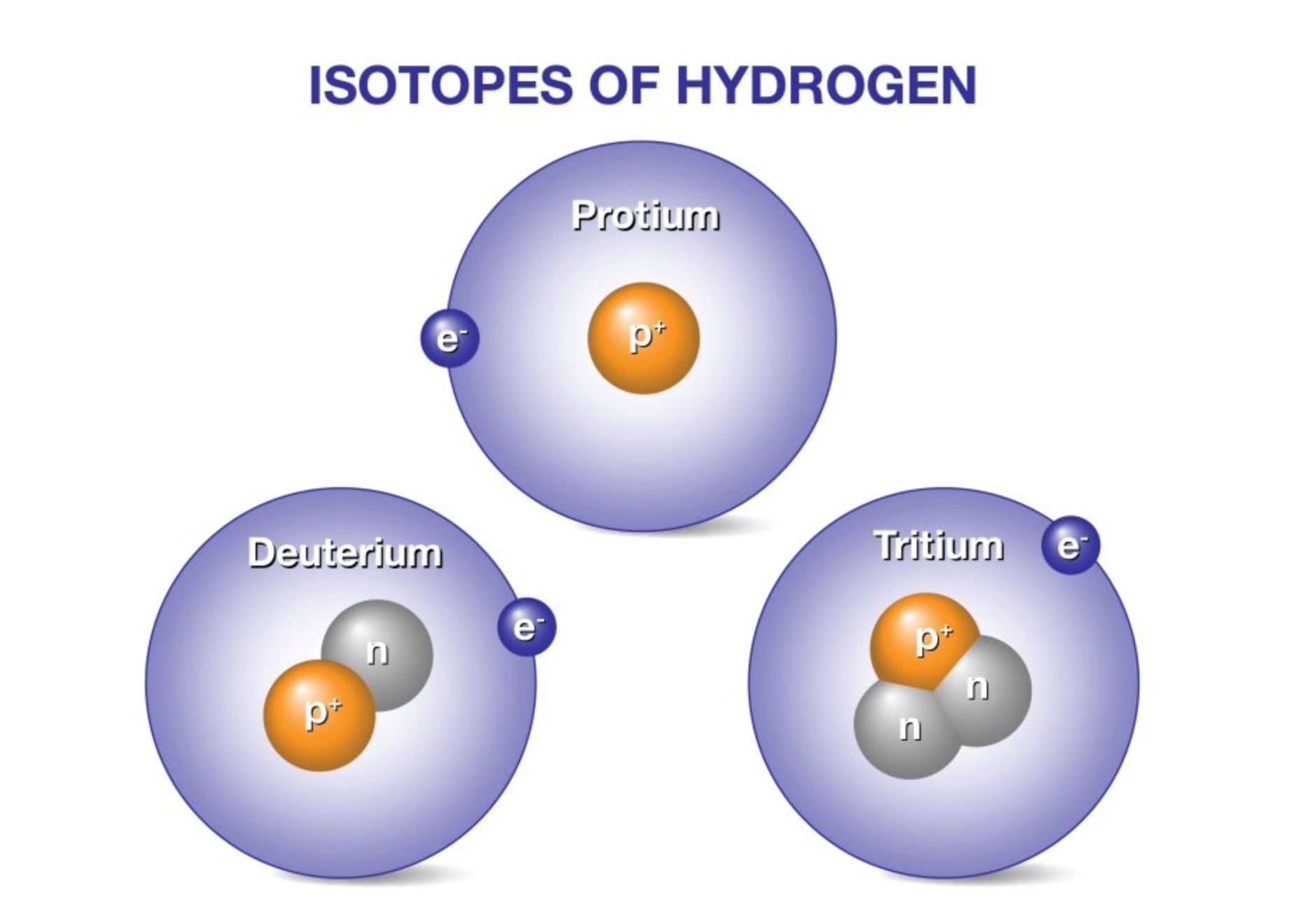
Cold Electrolysis

Cold Electrolysis
The nuclear and fusion power sectors frequently generate heavy water as a by-product, featuring concentrations of deuterium (a hydrogen isotope with one proton and one neutron) and tritium (a hydrogen isotope with one proton and two neutrons). Over time, the water used as a coolant becomes ionized, thus resulting in heavy water. The secure storage of this heavy water is both costly and space-intensive. However, through the application of cold electrolysis, we can extract regular water from heavy water. This significantly diminishes the volume of heavy water requiring storage, thereby reducing associated storage costs.
